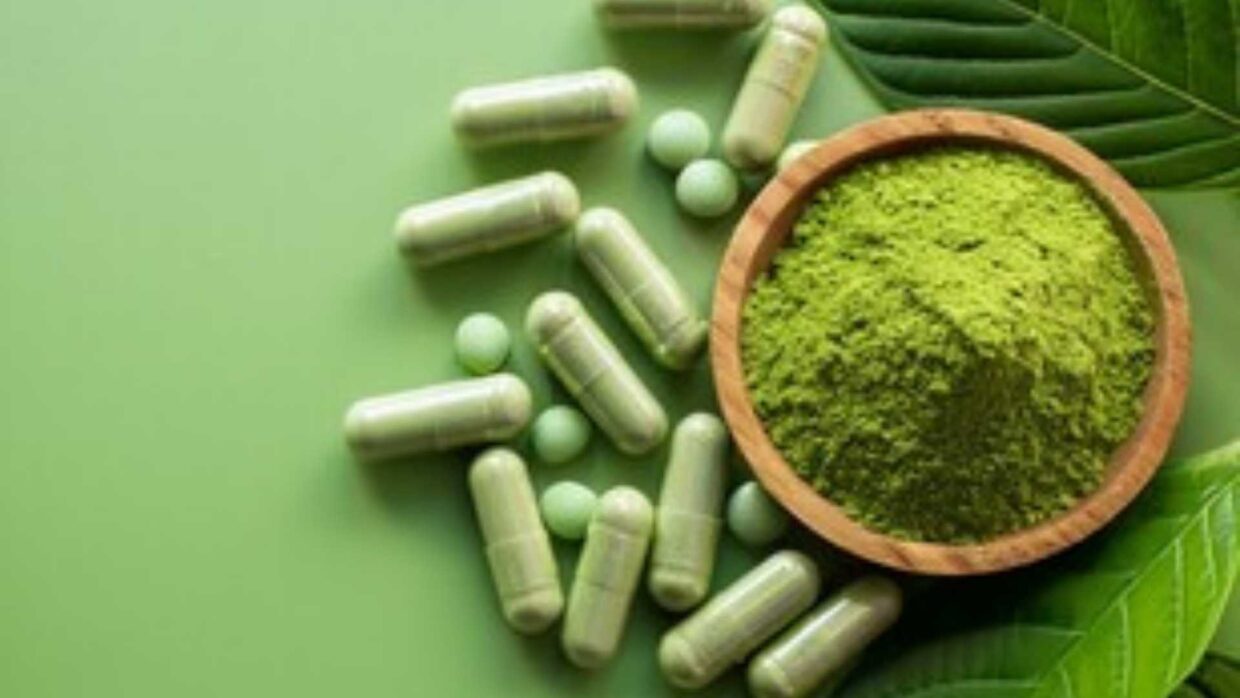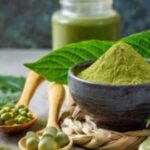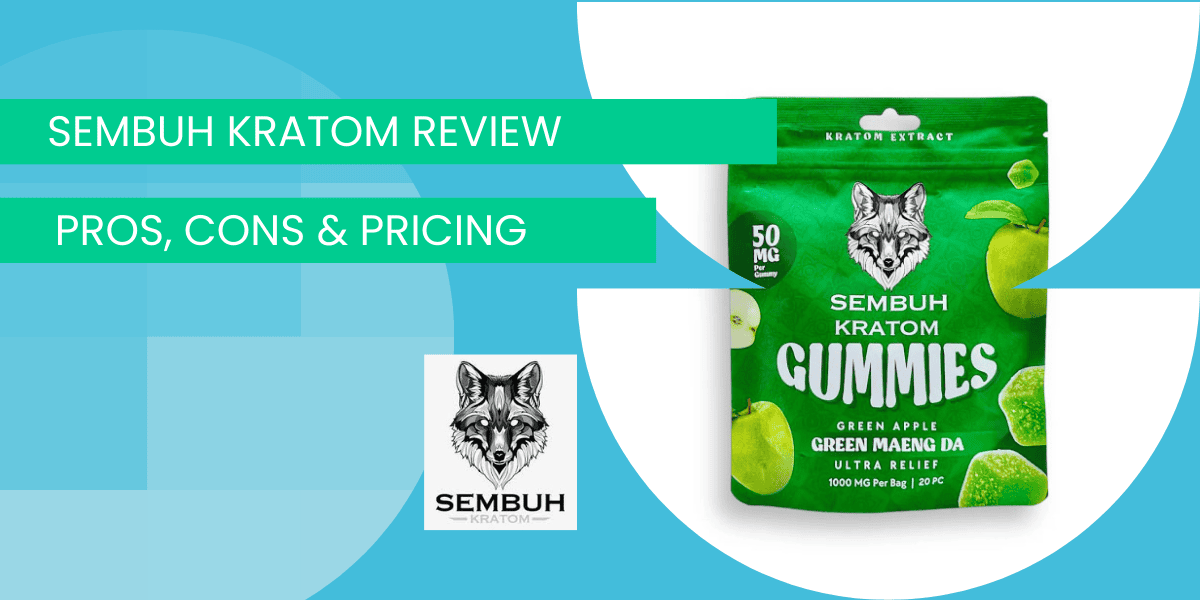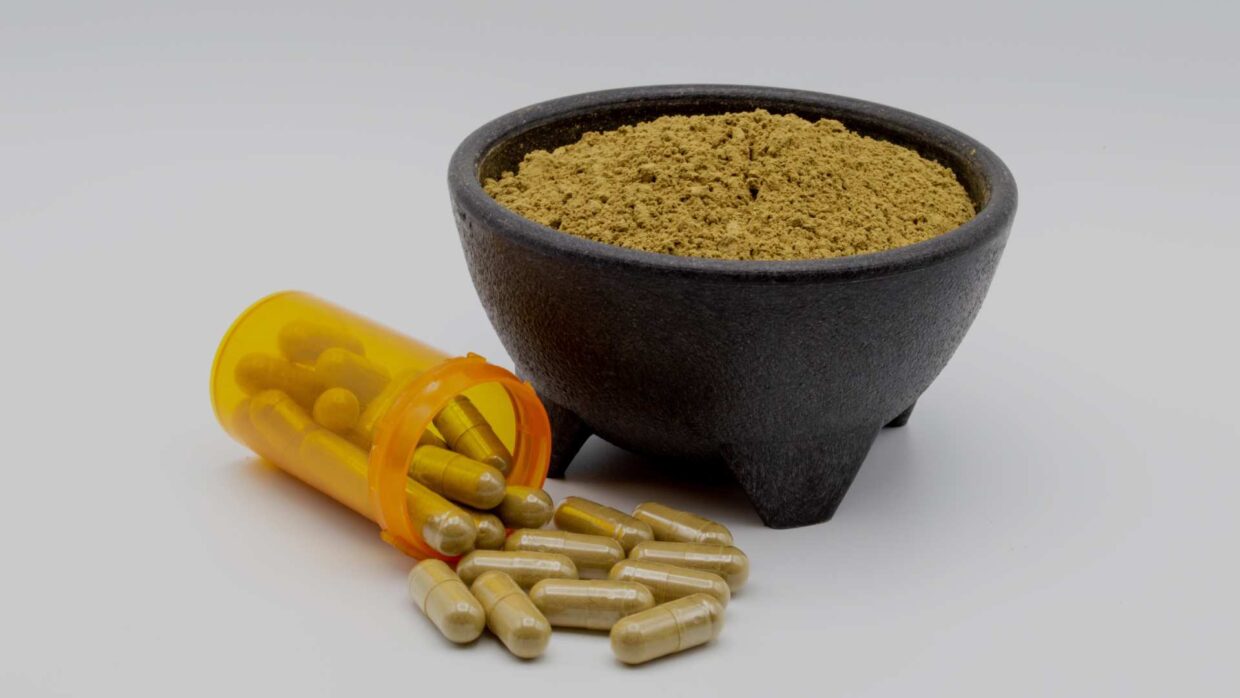Kratom is a well-known substance with peculiar alkaloids that exert a variety of effects: they may raise energy and concentrate people, as well as relax and relieve them. Although most of the focus is on the pharmacological aspects of kratom, many are wondering about its nutritional content. Is kratom high in calories?
Which vitamins and minerals will it have? And what about the nutritional properties of kratom powder nutritious properties to other plant supplements?
In this blog, we’ll debunk the nutritional value, some frequently asked questions about kratom powder nutrition facts.
Overview of Kratom
It is derived using the tree leaves, which are predominant in countries like Thailand, Indonesia, and Malaysia. Its leaves include various active ingredients, some of which include alkaloids, some of which include mitragynine as well as 7-hydroxymitragynine, which are better known.
These chemicals attach to the opiate receptors in the body and exert varying effects depending on the quantity and kind of kratom that one takes.
What is the nutritional value of kratom?
While kratom’s nutrition facts haven’t been extensively studied, it’s known to contain several essential nutrients, including:
- Antioxidants: Flavonoids and polyphenols present in the herb could have an antioxidant activity that shields the body from oxidation.
- Minerals: Kratom contains smaller quantities of some essential elements such as calcium, magnesium, and potassium.
- Vitamins: It also has very low proportions of vitamin C and B2, known as riboflavin.
Kratom’s Nutritional Profile
The bulk of kratom research has been focused on its unique effects, its alkaloid composition, and its addiction potential. That said, we do have rough numbers on kratom’s nutritional profile. Depending on the strain, they look something like this:
Serving size: 2 grams
- Iron 0.5 mg
- Protein 0.2g
- Sodium >0.1mg
- Fats >0.1g
- Potassium 18.5mg
- Calcium 13.2 mg
- Carbohydrates 1.5g
- Calories 7.4 kcal
Note that these numbers are approximate and should not be used for diet planning, only for educational purposes
Does Kratom Have Calories?
Yes, but very little. A regular 2-gram amount of kratom powder comprises nearly 7.4 calories. Using kratom even one time per day will not make much difference to the total calorie count for most users.
The calories of Kratom are mostly carbohydrates, but most of the carbohydrates are indigestible fibers that pass through the digestive system without getting absorbed into the body.
Does kratom have carbs?
The types of foods that fall under macronutrients are carbohydrates, protein, and fat, and these are what are commonly referred to as a meal. People find it most in abundance in fruits, vegetables, and grains, and it is a type of glucose used to give energy.
The simple carbohydrates, such as those contained in fruits and candies, soft drinks, and others, are rapidly digesting molecules. Nonetheless, whole-grain complex carbs tend to remain longer in the body, and the energy received lasts longer.
Does kratom have vitamins?
Vitamins are naturally occurring substances, although they are required by the body to develop and construct tissues and also stay healthy. These micronutrients are mainly obtained when eating food in your diet.
There are 13 essential vitamins that the body needs to function properly, including vitamins A, C, D, E, K, and B. While it is recommended that you eat recommended servings of healthy foods every day, some people may require vitamin supplements to take in the required nutrients.
There’s currently little scientific evidence on the number of micronutrients in kratom. It may be similar to other plants with a comparable composition and include:
- Vitamins A, B1, B2, B5, B6, C, E, and K1
- Calcium, potassium, and phosphorus
- Iron, magnesium, and zinc
- Sodium
Research suggests most green plants contain these organic compounds. Therefore, we can deduce that a kratom leaf also contains the above-mentioned vitamins.
Does Kratom Have Antioxidants?
There is little information presently on the antioxidant activity in kratom. Due to the origin of kratom being a leaf of a tree, most of the researchers have suggested that kratom has the potential to rival other herbs and botanical products as soon as there is improved knowledge of how nutritious kratom is.
Does kratom have fiber?
Fiber is a type of carbohydrate that the body cannot digest and absorb. Other times, it is referred to as dietary fiber or roughage, or bulk. The fiber-rich, plant-based foods include fruits, vegetables, whole grains, beans, and nuts.
Fiber could be classified into two types. Fibers that would be soluble could be easily processed by water, whereas the ones that could not be would pass through the gastrovascular tract, not much changed. Both are efficient in the prevention of digestive issues and bowel movement.
Adults are advised to consume 25-38 grams of fiber every day, depending on age and sex. Eating fiber-rich meals helps you attain your daily quantities of fiber to influence an overall increased well-being.
Does Kratom Have Iron?
Kratom is not considered to be a rich source of iron. Most plants possess a type of iron known as non-heme iron, which is harder for the body to absorb when compared with heme iron present in animals. In other words, even though kratom is placed into the ‘macro-minerals’ group, it likely contributes very little to the daily iron intake.
What are the nutritional benefits of kratom?
Kratom leaves may contain several micronutrients:
- Vitamin C: It is a strong antioxidant, and it aids the immune system and helps in the absorption of iron.
- Calcium: A mineral for building and maintaining strong bones and teeth.
- Iron: An essential nutrient for transporting oxygen throughout the body.
- Potassium: A vital mineral for maintaining healthy blood pressure and fluid balance.
What Else Is in Kratom? The Alkaloid Advantage
While kratom’s nutritional value is modest, its real power lies in its unique alkaloid content. Kratom leaves contain over 40 alkaloids, with mitragynine and 7-hydroxymitragynine being the most prominent. These compounds interact with the body’s opioid, adrenergic, and serotonin receptors, producing kratom’s signature effects.
- Mitragynine: The most abundant alkaloid, responsible for stimulating and analgesic effects.
- 7-Hydroxymitragynine: More potent, associated with pain relief and relaxation.
- Other Alkaloids: Include paynantheine, speciogynine, and mitraphylline, each contributing to kratom’s nuanced effects.
Alkaloids are not nutrients in the traditional sense, but they are the primary reason people use kratom.
Antioxidants and Plant Compounds
There are also numerous plant-based antioxidants found in Kratom (such as flavonoids and polyphenols). These alkaloids can aid in safeguarding cells against oxidative stress and contribute to the general well-being, but kratom cannot officially replace fruit and vegetables in a diet.
Is Kratom a Good Source of Nutrition?
In short, no. Kratom does provide trace minerals, antioxidants, and vitamins, but the plant does not provide viable nutrition. The levels of calcium, potassium, iron, and vitamins are much lower than those that you would get even on a piece of leafy greens or other vegetables.
The ultimate worth of Kratom is not as a dietary food source or replacement food, but rather a botanical supplement.
Kratom and Weight Management
Other users ask whether kratom can control appetite or help in weight loss. Although the amount of calories in the kratom product is insignificant, it is possible that certain strains can decrease appetite or supply more energy; indirectly, the product can assist with weight management. Nevertheless, kratom cannot be trusted as a slimming formula, and its impact on metabolism is hardly examined.
Kratom Powder Nutrition Facts
| Nutrient | Amount per 2g Serving |
| Calories | 7.4 kcal |
| Carbohydrates | 1.5 g |
| Protein | 0.2 g |
| Fat | <0.1 g |
| Sodium | <0.1 mg |
| Iron | 0.5 mg |
| Calcium | 13.2 mg |
| Potassium | 18.5 mg |
| Vitamins | Trace (A, C, E) |
| Antioxidants | Trace |
Final Thoughts
To conclude, kratom is neither rich in nutritional elements nor a main source of calories and macronutrients, as it possesses antioxidants, trace elements, and vitamins is not a leading source of energy. Its main commodity is its special alkaloids that afford it various effects, including energy, concentration, and relaxation, among others.
Although kratom powder has a few amounts of calories and nutrients, supplement should be considered a botanical supplement, more than a source of nutrition. Healthcare professionals should be consulted when there is a need to use kratom, and their users should be adequately sensitized about its effects to make safe and informed use.
More Readings For You:










